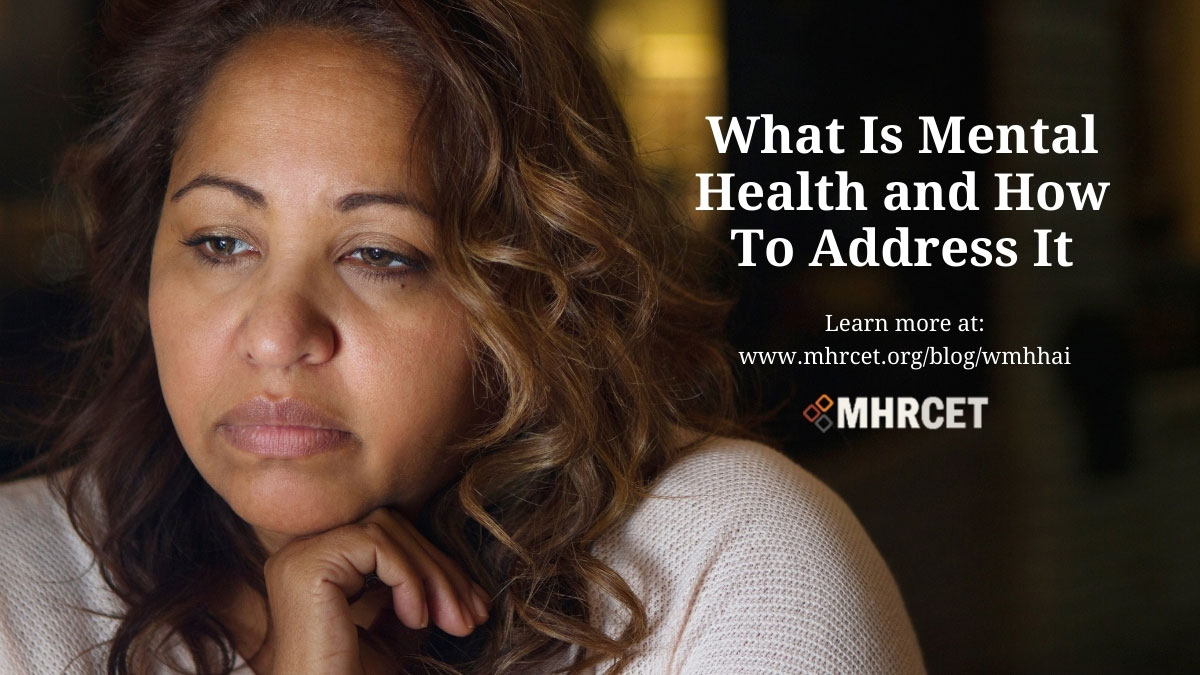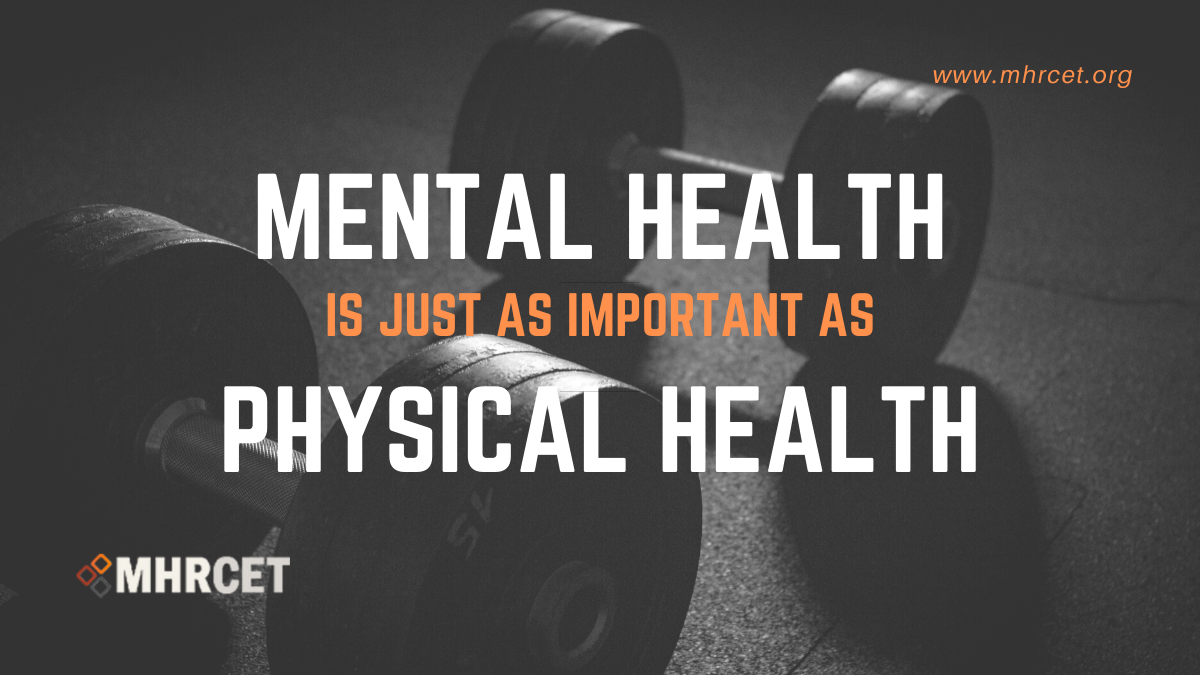Anxiety is normal for everyone and can affect us all in different ways. But when anxiety is severe, lasts for weeks and includes symptoms that keep you from doing things you usually would, it may be something to discuss with your health care professional. Anxiety and mood disorders can be co-occuring diagnosis. Anxiety symptoms are real, not just in your head. They can be treated, and they are nothing to be ashamed of.
When we are confronted with threatening situations, our bodies have automatic responses to prepare us to fight the threat or run away from it. In people with depression, bipolar disorder and/or anxiety disorders, the fight or flight response may be stimulated more often, for longer periods of time and a variety of things are perceived as threatening. An out-of-balance fight or flight response can cause a person to believe danger is around every corner or something terrible will happen if certain things aren’t done a certain way. These things can interfere in a persons life so much that they aren’t able to do what they would like to do and their relationships are strained or lost as a result.
Some physical conditions of the brain or body, including illness, can cause or worsen anxiety symptoms. For some, it may be a result of medication side effects. If anxiety symptoms start suddenly after you start taking medication, they may be the reason. Tell your provider about how your medications affect you and work with them to find ways to change your treatment and reduce your anxiety. You don’t have to live with side effects. Finding ways to reduce or eliminate them are possible.
If you spend time in stressful situations, anxiety is likely to be higher. High-tension home or work relationships, or any situation triggers fight or flight response, can make anxiety symptoms worse. Sometimes situations can be changed, other times a person can be helped by therapy and other treatments.
A high-risk lifestyle can be a source of anxiety, too. Alcohol and drugs, though people often use them to cope with anxiety, can also cause anxiety by setting off chemical changes in the brain.











